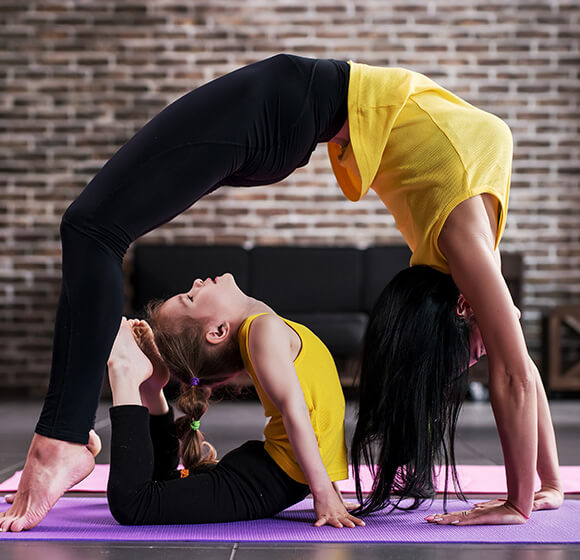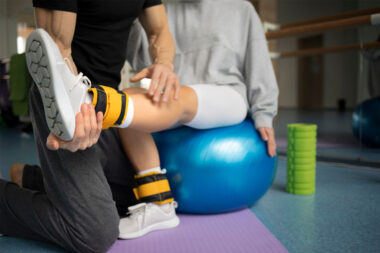No one would disagree that exercise improves the physical health of our children, but there’s now growing evidence that it boosts their academic abilities as well.
While this has long been suspected (following research carried out on animals), scientists are discovering that the fitter the child, the larger the area of the brain that affects cognitive ability.
Short and long term advantages:
The benefits of exercise and a higher level of fitness seems to have an immediate effect, as well as improving longer-term mental acuity. Tests are showing that when kids carry out age-appropriate physical activity followed by academic studies, such as reading, writing, or mathematics, they’re better able to contrate on the task in hand.
As most teachers will confirm, one of the biggest challenges within the classroom is keeping children focused. This makes such findings highly relevant when it comes to children’s ability to learn. Interestingly, it seems that the advantages are best seen from undertaking the aerobic activity, such as jogging, dancing, or playing tag, rather than resistance-based exercise, like push-ups.
Short-term benefits recorded include:
- Improved recall and memory
- Faster processing speeds
- Higher and longer levels of concentration
In the longer term, the impact of sustained aerobic fitness appears to be even more impressive, including a direct relationship between aerobic fitness and I.Q. scores.
While there’s currently no specific evidence connecting fitness and intelligence, some scientists believe that exercise (along with eating healthy food) helps the production of proteins and growth factors that stimulate the brain.
Regular exercise vs. single sessions of activity:
When it comes to partaking in regular exercise, the evidence stacks up very positively that the fitter the child, the better the brain functions. A study in Canada discovered a strong link between test performance, so much so that if those who were performing below the expected standard began to participate in regular exercise, their results improved.

Other advantages of regular exercise include:
- Children participating in PE and exercise compared with those who were less active had a higher level of immediate and delayed memory.
- Vigorous exercise (such as running, tag, etc.) has a greater effect than activities of lower effort.
- Over the course of a year, those who played active video games on their breaks (such as dance-based games) were not the only fitter than those who were more sedentary, but also had a higher performance in mathematics.
- Regular physical activity in a school curriculum brings about academic results of around 6% higher than those who don’t.
- Kids that participated in after-school physical activity showed a significant amount of increased neural activity compared to those who didn’t.
Single sessions of activity also appear to have significant results. Brain images taken from children who walked for 20 minutes before a test, as opposed to those who sat quietly, had a far higher level of neural activity.
Following physical exertion, it seems that children are far more likely to read above their expected grade, as well as completing learning tasks more efficiently and with higher accuracy.
In conclusion:
When it comes to academic development, the level of a child’s physical fitness seems to directly impact their brain function, and the ability to learn. By improving levels of memory and attention span in younger children the firm foundations are built for learning, not only as a child but as they progress into the important teenage years and beyond.
Make physical exercise fun:
While schools do, of course, play a huge part in ensuring that age-specific physical activity is carried out daily, parents and caregivers also play a pivotal role. Perth-based fitness group, Bailey Fitness, will be delighted to discuss options as to how to include kids in your fitness planning.
From walking and running, through to beach games, surfing, active video games, and team sports, getting youngsters involved in fitness from an early age is the best start in life you can give them.
And with the ever-increasing proof that the fitter the child the better they perform academically, even those who’re destined to become the coders, cybersecurity experts, or graphic engineers of the future will benefit from the brainpower fitness brings.
To find out more visit www.baileyfitness.com.au or pop into your local centre for more details.
Image Credit: Unsplash
This article is published by our independent team of health and wellness pundits that publish original and informative content to empower readers to take charge of their health and embark on a physically, mentally, and emotionally balanced lifestyle.







































Leave a Reply